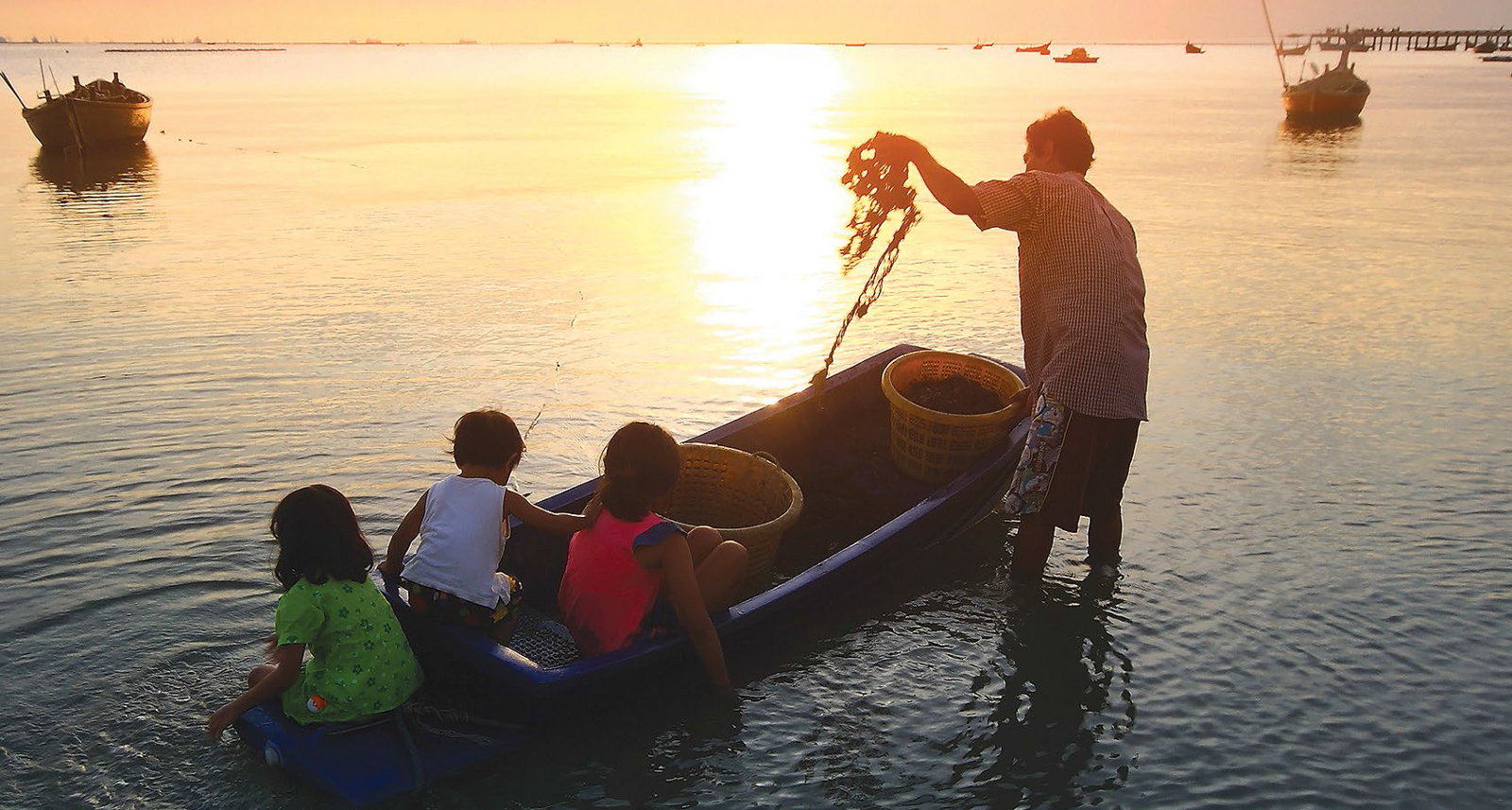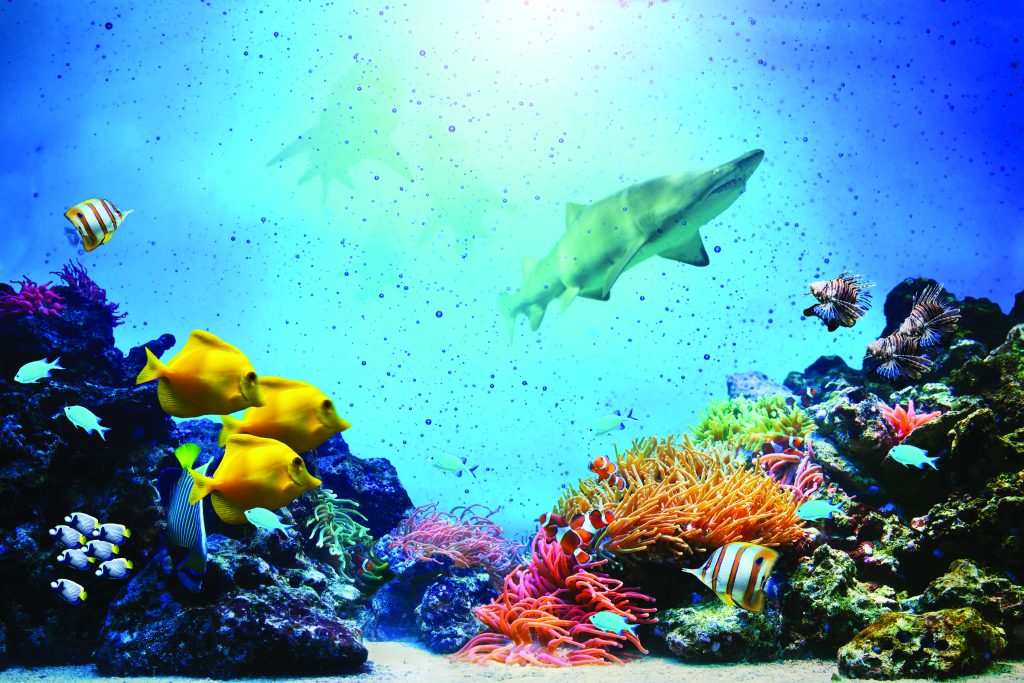The following can be found in the Preface of Our Shared Seas: A 2017 Overview of Ocean Threats and Conservation Funding and also appears on the Our Shared Seas Medium page as part of a series of perspective pieces with experts commenting on critical issues, trends, or where they believe funders, governments or NGOs would benefit from further focus.
The global ocean is at a crossroads with pressure coming from many sides.
Climate change, overfishing, pollution, shipping, coastal development: there is no shortage of threats facing the marine environment. Recently, an increasing number of philanthropists and aid agencies have risen to the challenge to support solutions that are within reach.
Given the urgency, how can funders and advocates understand the most pressing threats and promising solutions and therefore prioritize where to make an impact? Our Shared Seas: A 2017 Overview of Ocean Threats and Conservation Funding was commissioned by The David and Lucile Packard Foundation to provide a guide to the primary ocean threats, trends, and solutions to help funders, advocates and governments make better, faster, and more informed decisions.
The message that emerges from this synthesis is clear: when managed well, ocean resources have the potential to simultaneously support thriving ecosystems, sustainable development, and increased fishing profits. But human impacts are swiftly pushing the ocean to its brink.
There are many issues of interest in this guide. For our foundation, three topics in particular strike us as essential for the future health of our ocean: tackling overfishing caused by illegal, unregulated and unreported activities; mitigating and addressing the effects of climate change on the ocean; and improving our scientific capacity to understand and manage all of these compounding pressures.

Illegal, Unregulated and Unreported (IUU) fishing: Recent analysis shows that IUU fishing remains a “dark side” of global fisheries and may be as large as much as 53 percent of officially reported catch. We know how to address this challenge. Solutions that address IUU fishing are especially compelling because they are exactly what we need for responsible and evidence-based marine resource management anyway. Whether it is mustering the political will to enforce long-established international labor standards, better counting and reporting what and where fish are caught so that we know how to sustainably manage fisheries, or enforcing the protections and fisheries management measures — these are some of the essential building blocks of tackling illegal fishing and achieving ocean stewardship.
Climate change: The severity of consequences from climate change on the ocean creates a new sense of urgency for mitigating carbon dioxide emissions and reducing other pressures on the marine environment. The ocean has been a critical barricade against global warming, trapping and absorbing approximately 93 percent of the excess heat produced by greenhouse gas emissions since the 1970s. As a result, the ocean is getting warmer, increasingly acidic, and less oxygenated; these changing conditions are already impacting biodiversity and human security, especially across tropical developing countries. Slowing the accumulation of greenhouse gasses in our atmosphere is critical for the future of the marine environment and its role in buffering our planet from climate change.
Integrated science: This guide also highlights the glaring gaps that persist in our understanding of most marine environmental issues. Our foundation strongly supports more active investigation into these issues, and the better integration and coordination of those working on oceans. Our collective ability to rapidly diagnose and respond to the unforeseen effects of climate change and to understand the synergistic effects of pollution, habitat loss, and other pressures is essential.
An element of the guide that we are particularly excited to share is a first-of-its-kind analysis comparing ocean funding from the philanthropic and development aid communities. Our hope is that this information, also captured in new tools such as the Foundation Center’s “FundingtheOcean.org” portal, will provide our partners with a more complete picture to encourage dialogue and inspire action.
The Packard Foundation is aiming to release an update to this guide every couple of years. We welcome feedback on how it could be improved at [email protected].
References
1. FAO, The State of World Fisheries and Aquaculture 2016. Contributing to Food Security and Nutrition For All (Rome: FAO, 2016), http://www.fao.org/3/ai5555e.pdf.
2. Hoegh-Guldberg, O. et al., Reviving the Ocean Economy: The Case for Action — 2015 (Gland, Switzerland: WWF International, 2015).








